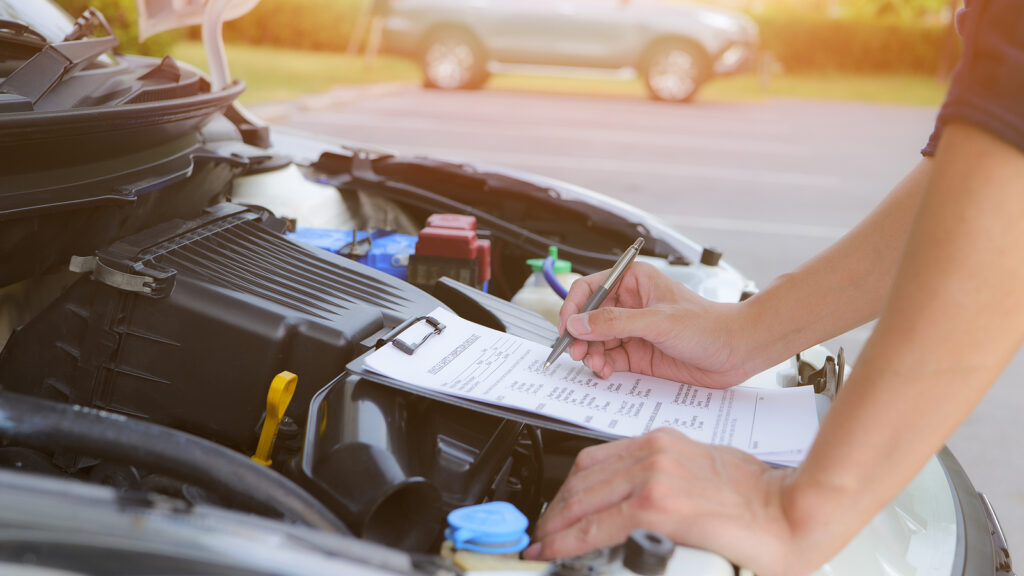Understanding vehicle inspection requirements is essential for ensuring your car remains safe and roadworthy. Whether you’re buying a new car or maintaining an older one, meeting these regulations not only keeps you compliant with the law but also ensures your vehicle performs at its best. In this guide, we’ll break down the essential details you need to know about vehicle inspections, from safety checks to emissions tests.

What Are Vehicle Inspection Requirements?
Vehicle inspection requirements refer to the mandatory checks a vehicle must undergo to ensure it meets safety and environmental standards. These inspections are designed to prevent accidents caused by faulty equipment and reduce pollution from poorly maintained vehicles.
Different states have varying inspection regulations, so it’s important to familiarize yourself with your local requirements. For example, here in Nevada, vehicles must pass a smog check before registration if they are more than four years old.
Why Are Vehicle Inspections Important?
Regular vehicle inspections help to identify potential issues before they become costly repairs or safety hazards. These checks typically include:
- Brake system evaluations
- Tire condition and tread depth inspections
- Lighting and electrical system tests
- Suspension and steering checks
Ensuring these components meet inspection standards protects both you and other drivers on the road.
How Often Are Vehicle Inspections Required?
The frequency of vehicle inspections varies by state. In Nevada, for example, a smog check is required every year for vehicles over four years old. However, some states may also require annual or bi-annual safety inspections, especially for older cars. Always consult your state’s inspection requirements or contact your local DMV for accurate information.
Preparing for a Vehicle Inspection
Before heading to your next vehicle inspection, there are a few steps you can take to ensure your car passes with flying colors:
- Check tire pressure and tread depth – Worn tires can lead to failed inspections.
- Inspect all lights – Ensure your headlights, brake lights, and turn signals are functioning properly.
- Check for fluid leaks – Oil or coolant leaks can cause problems during the inspection.
- Test your brakes – Worn brake pads or malfunctioning brake lights can result in a failed inspection.
For a comprehensive inspection service, visit our service department at Valley Automall.
Visit Valley Automall in Henderson for Expert Vehicle Services
Staying on top of your vehicle inspection requirements is crucial for keeping your car safe and compliant with local regulations. Regular inspections not only help you avoid fines but also ensure your vehicle is performing at its peak. For expert vehicle inspection services, contact Valley Automall today. We’re here to help you keep your car in top condition, so you can drive with confidence.










































